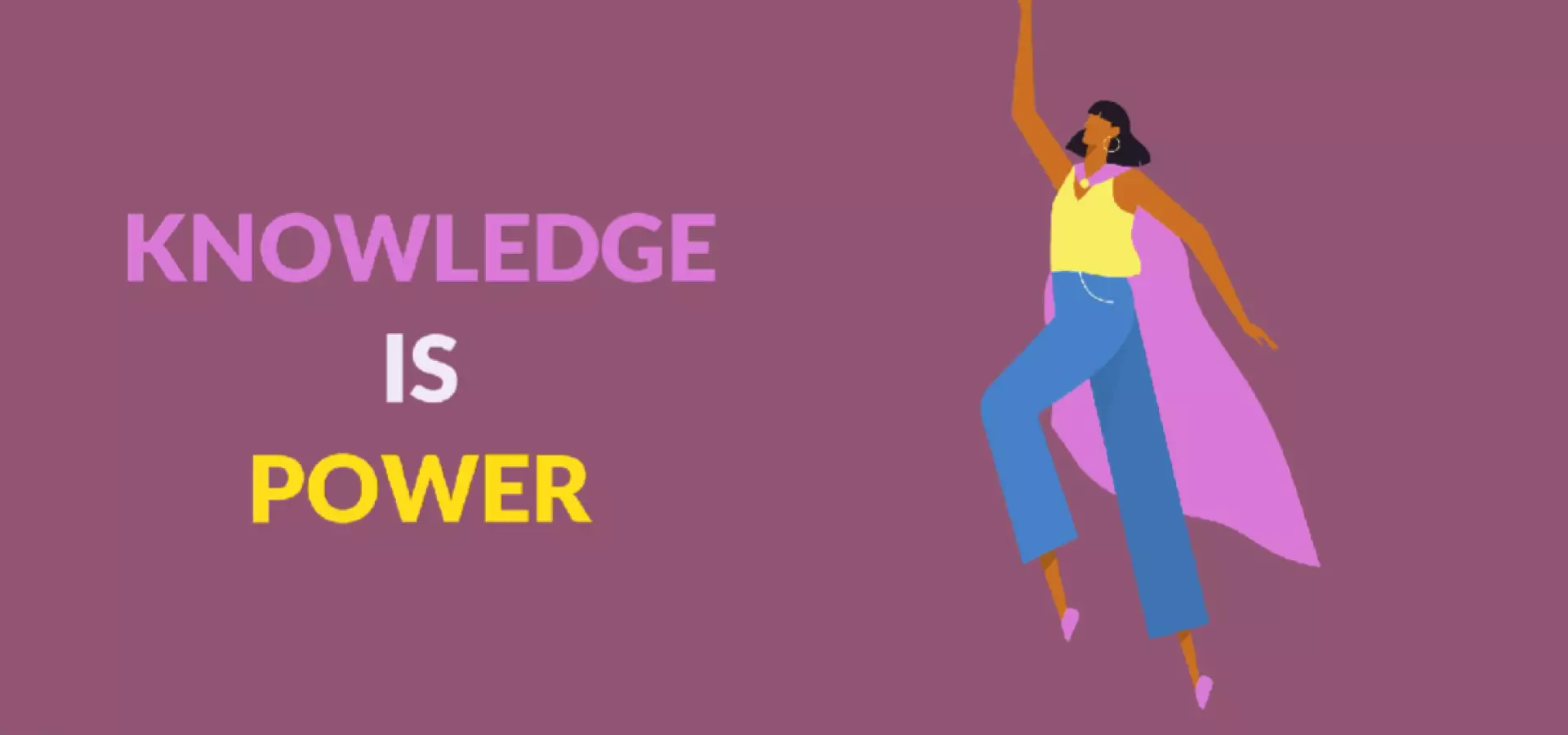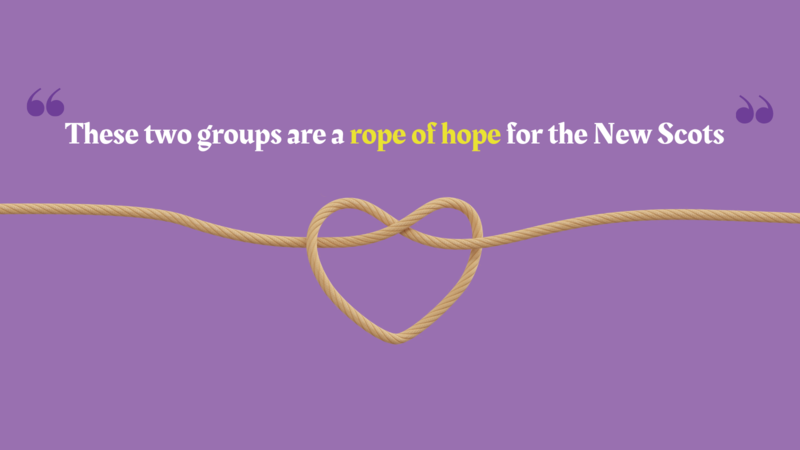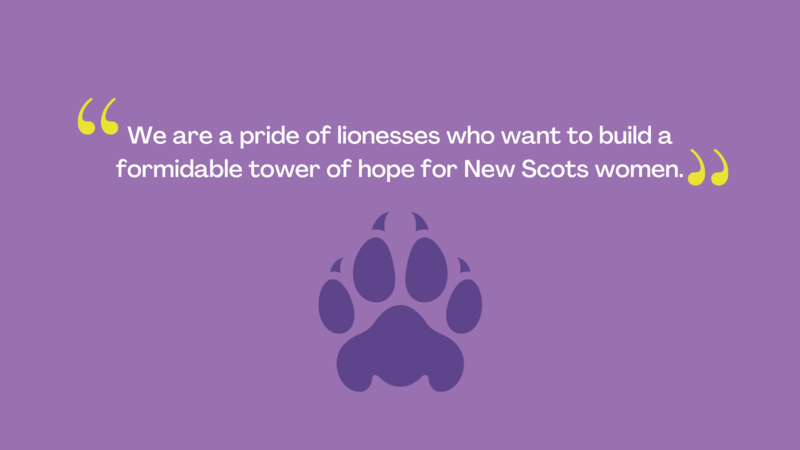
Our Rights, Our Communities: Knowledge is power
How we started and who we are?
This all started in late 2021 when a group of six women from Unity Sisters and Milk Café ventured into a project to research the ‘Our Rights, Our Communities’ project.
Unity Sisters are a group of 80 women and their children going through asylum and the immigration system who have been supporting each other through shared experiences since 2014. We are women who empower each other against the system. Milk Café is a social enterprise set up to empower and support new Scots women living in Glasgow. The café is a safe and welcoming place where women can come together to meet new friends and share ideas. These two groups are a rope of hope for the New Scots.
What is the ‘Our Rights Our Communities’ project?
The ‘Our Rights, Our Communities’ project was run in partnership with Unity Sisters, Milk Café and Govanhill Baths Community Trust: Community in Action. It aimed to build a unique model of community-based advocacy replicable with Scottish refugee communities.
It created a range of programmes of activities that engaged about 200 refugee and asylum-seeking women on different occasions. It delivered a range of training sessions based on human rights awareness and advocacy discussion and training. Activities included storytelling, film workshop, visual arts, confidence building, and ESOL classes to name a few.
The aim was to develop understanding of our human rights and develop our confidence and skills to engage and fully participate in decision making. It allowed us to learn about systems and boundaries and how to negotiate.
The advocacy training
The advocacy training was insightful and very useful. It gave us a chance to build capacity in ourselves. We want to be a positive example and build capacity in others to leave a magnificent legacy. The training opened avenues to new possibilities in career development which could lead to opportunities for new jobs. We appreciate the knowledge given to us which has fueled our appetite to know more for our personal development. Not only are we more confident, but competent too. There is light at the end of the tunnel. I believe we are at the book of revelation and we will discover a lot of captivating wisdom as we move along and learn more! Many of us have changed after this training and feel empowered and a lot stronger than before.
The peer research and methods
Our research focused on interviewing 16 New Scots women who took part in the advocacy training described above.
The peer research was wonderful – particularly because most of us have lived experience so the issues were something we understood and knew all too well. We were happy to share our experiences so they can be studied and probed for research purposes. We decided on individual interviews because in a group setting people might follow other people’s opinions and not express themselves. Some people can’t open up fully in a group and might struggle to share freely. We had consent for the voice recording we made for analysis. The interviews were done in a safe space. Interviews were done before and after the training, asking questions like how confident we were before and after the training?
I think we were confident to a certain degree however it all depended on the situation at the time and the environment. We as peer researchers have lived experience that made it easier to do this research. As New Scots women, the issue is that our voices aren’t heard by decision makers in Scotland.
We had the support of Lisa from GCPH who was amazingly patient and who held our hand every step of the way – she is like a goddess, so patient and so understanding! We also had support from a student from Glasgow University, Lily, who was very lovely to work with too. We loved conducting the analysis – it was something new and fun. It ignited a fire within us and it felt like something familiar but also something new. It was exhilarating. We learned a lot and it improved our self-confidence. It was a blast and we would do it again in a heartbeat.
Conclusion
As New Scots women we feel that our voices are not being heard by decision makers in Scotland. This is why we wanted to acquire the right knowledge about our rights, so we can advocate for ourselves and others and to be that support system needed. To be a rope of hope for others.
We want to put into practice what we have learned, and we are keen to update our knowledge and skills. We are looking for more opportunities for training, but funding is always a barrier.
Since the research we have formed a new project called Community Peer Advocacy with the aim of supporting other New Scots in the community. We will focus on issues of rights and inclusion, signposting people to organisations which are able to support them. This is currently in development, but we are hopeful it will be fully funded to allow the service to expand to its full potential. Our dream is that this will become reality and we can grow and evolve.
As a result of this training, and the peer research experience, we feel like the sky is the limit! We are all ready to share what we know and support our peers. We are a pride of lionesses who want to build a formidable tower of hope for New Scots women.
This blog is part of a series produced for Co-Pro Week 2022. The other blogs in the series can be accessed here:
Blog 2, Lisa – ‘Our Rights, Our Communities: Co-production in practice’
Blog 3, Lily – ‘Our Rights, Our Communities: the benefits of community-based research’
Blog 4, Group – ‘Our Rights, Our Communities: the empowerment of being a peer-researcher’

